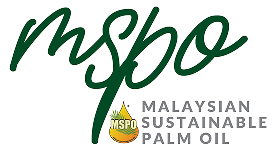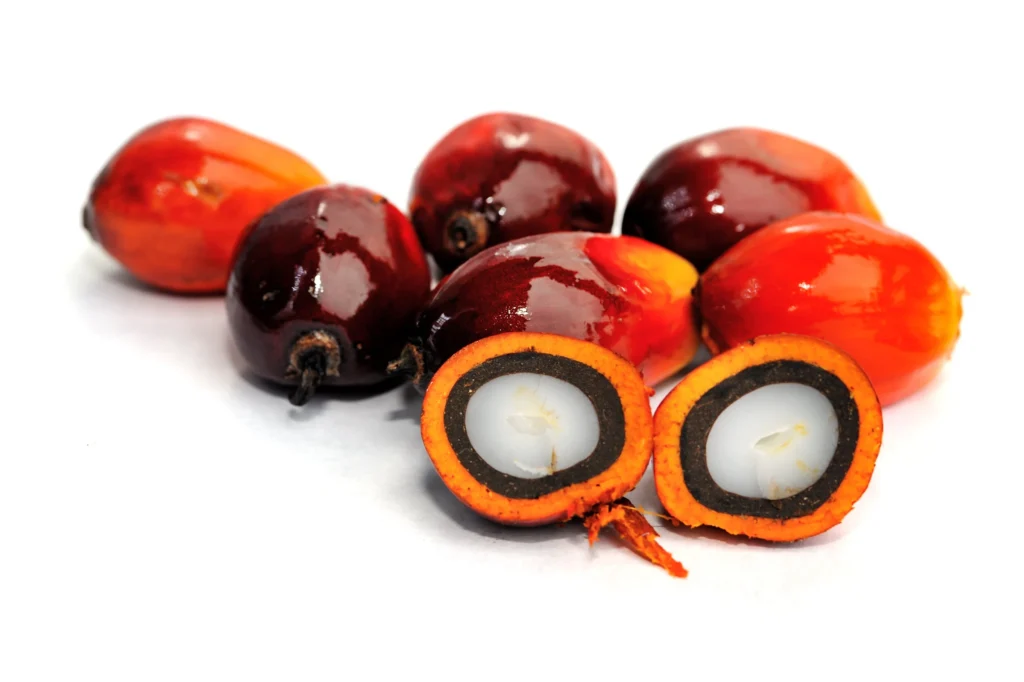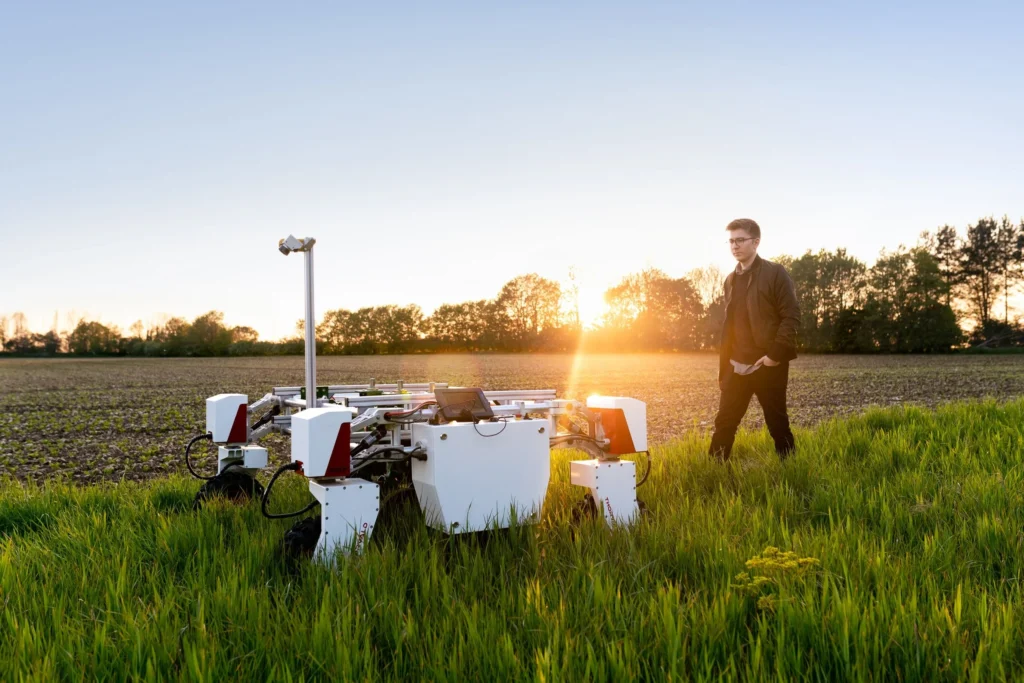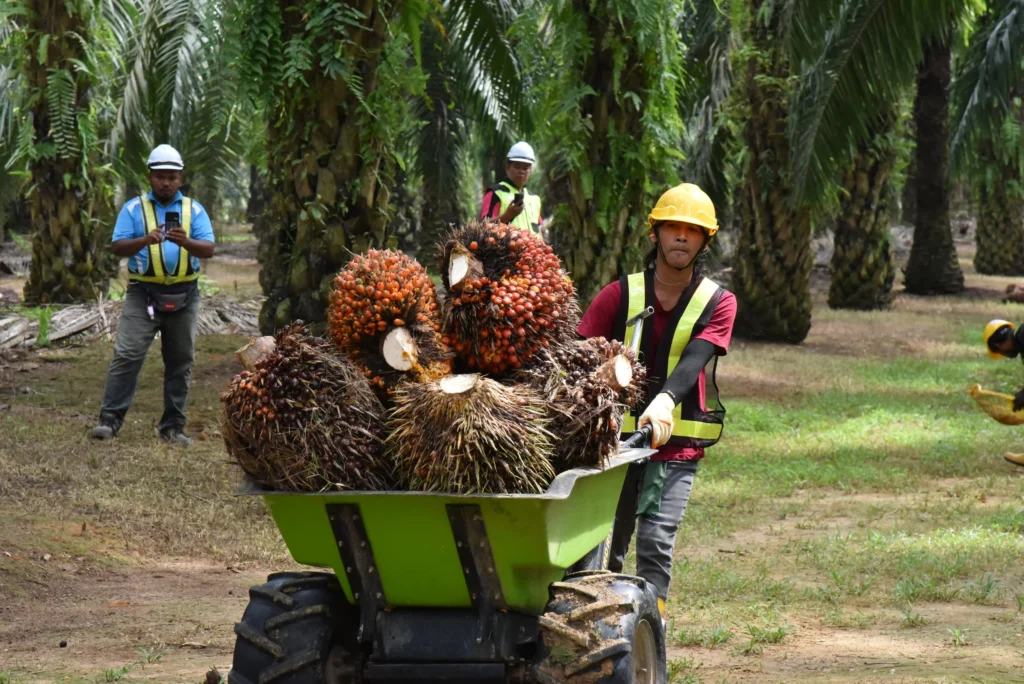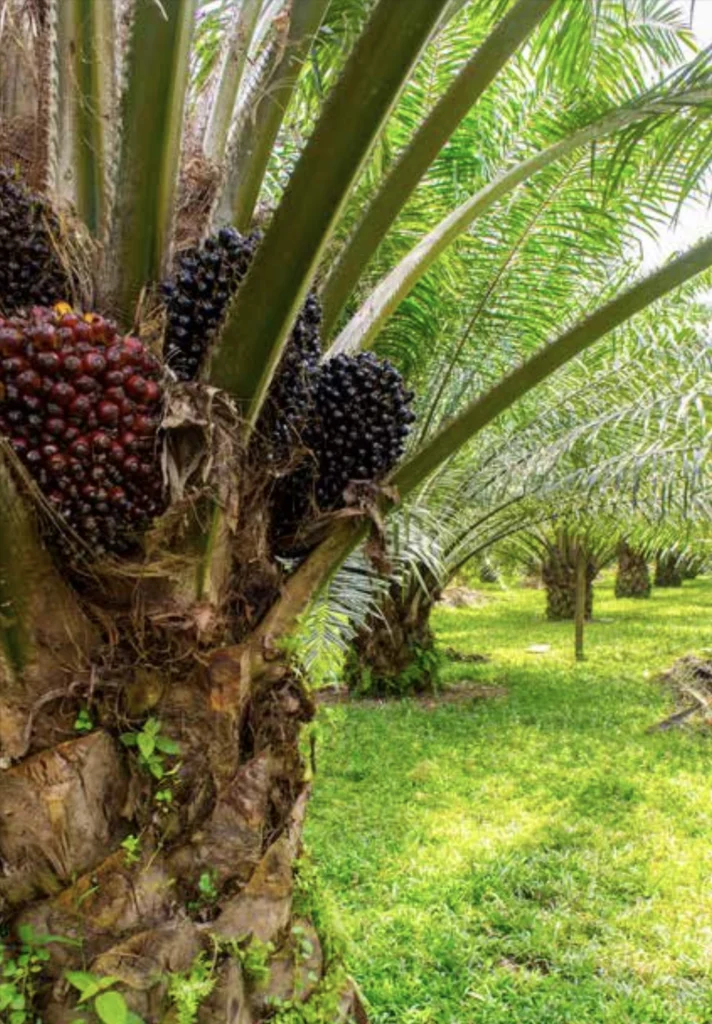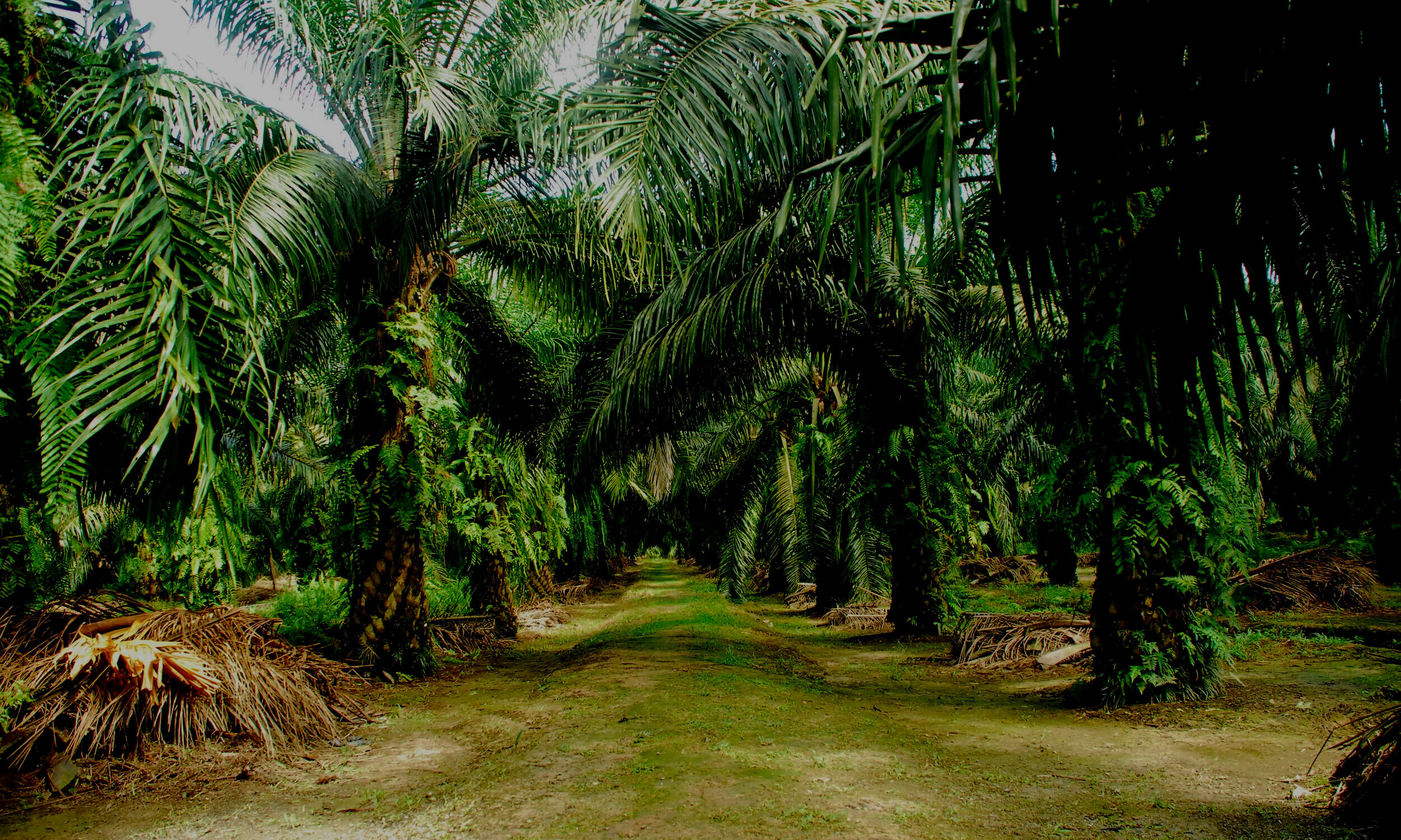
-
Malaysia is set to escalate a trade dispute with the European Union and two member states for restricting palm oil-based biofuels.
-
Malaysia backs the Council of Palm Oil Producing Countries’ (CPOC) move to submit an objection to Belgium, which is planning to ban the use of palm oil as a biofuel next year.
European Union member states of Belgium and Germany have announced that they plan to ban the use of palm oil as a feedstock for biofuels. Their plans contradict the EU’s decision as a unified body to implement a gradual phase out of palm oil in biofuels. These announcements from Belgium and Germany calls into question the integrity of the EU-ASEAN Joint Working Group which was announced as a “historic step towards EU ASEAN relationships.”
Malaysian Minister of Plantation Industries and Commodities (MPIC) Datuk Dr Mohd Khairuddin Aman Razali dismissed Belgium’s decision as one with minor impact on overall export volume for Malaysian palm oil.
Of greater concern to the Minister is the Belgian insult to the good reputation of Malaysian palm oil which is why Malaysia is escalating the trade dispute with the European Union at the World Trade Organisation.
Malaysia as a proud founding member of the Council of Palm Oil Producing Countries (CPOPC) stands firmly behind the CPOPC’s criticism of Belgium’s proposal which failed to acknowledge the investments and efforts of Malaysia to ensure the sustainability of its palm oil industry.
It is worth repeating here that Malaysia allocated MYR50 million into the certification of its palm oil production under the Malaysian Sustainable Palm Oil (MSPO) scheme.
This investment has yielded the highest level of certification for any vegetable globally as 89% of Malaysian palm oil production has been audited and certified by independent certification bodies.
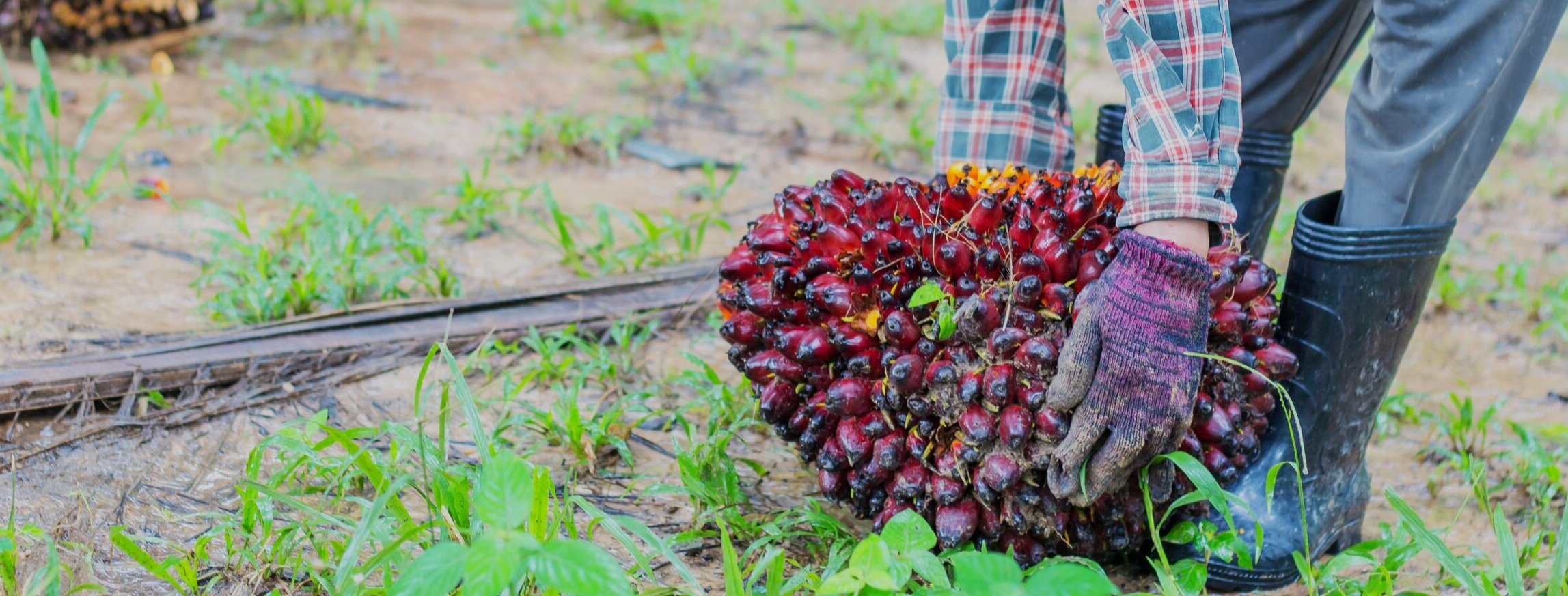
This was a good investment in the good name and image of Malaysian palm oil which looks forward to testing its mettle against the global calls for sustainable agri-products. The sustainability of Malaysian palm oil stands ready to meet the ambitions of UK prime minister, Boris Johnson, who has placed tackling climate change and biodiversity loss as his government’s number one international priority.
Malaysian biodiversity under the careful land use management of its government remains healthy and well compared to other regions that produce vegetable oils.
The Belgian government should have taken a look at the achievements of the Malaysian Sustainable Palm Oil scheme before issuing that broad strike against palm oil and soy.
As a complement to the EU approved certification scheme for sustainable biofuels, the ISCC, the sustainability of Malaysian palm oil as proven through the MSPO certification scheme is confident of establishing itself as a premier brand for sustainable palm oil.
